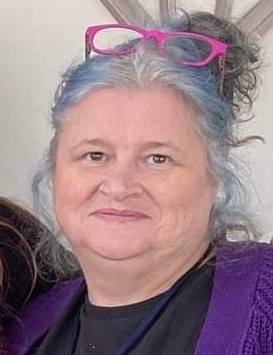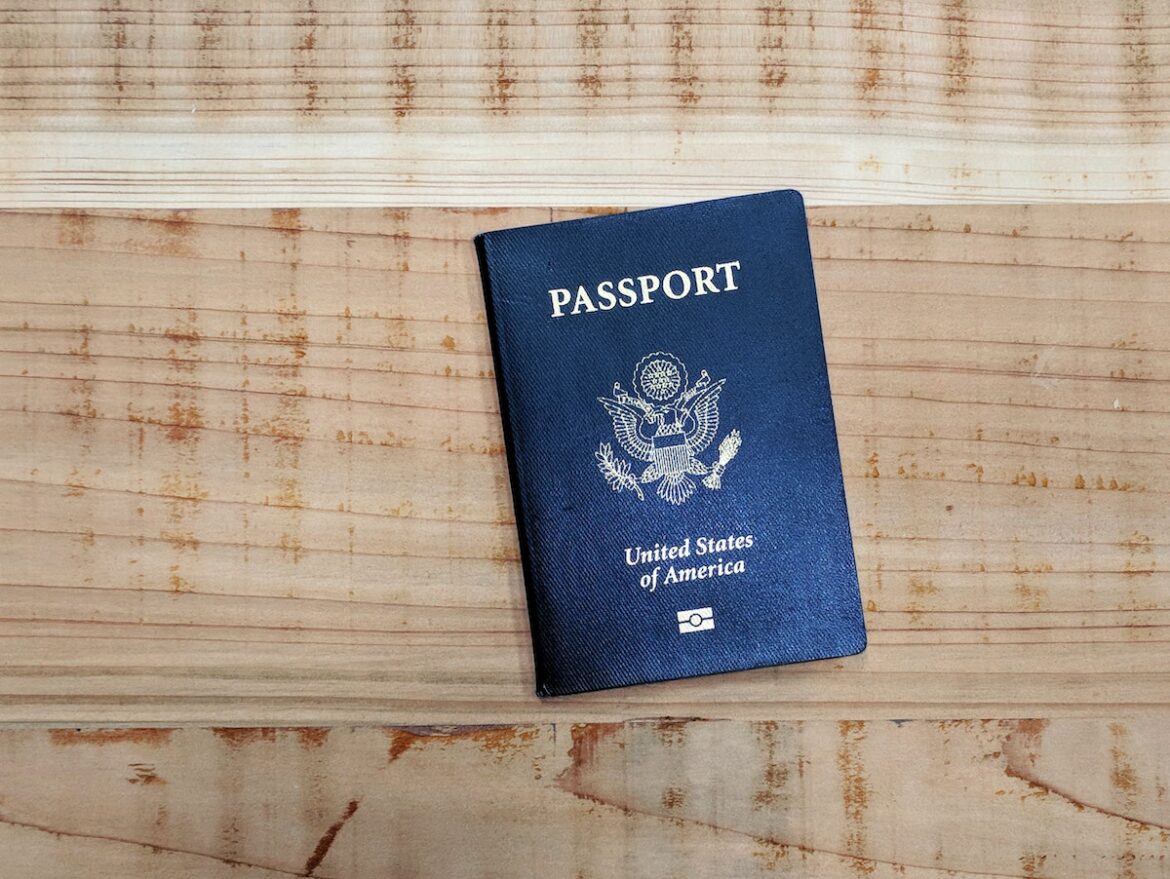By Kathleen Shea Kirstein
At the end of each Wednesday evening writing class, the instructor gives us a prompt to write on for the following week. She instructs us to write for 20 minutes and limit editing. We need to have the piece ready to read at the next class gathering. The last prompt was to write about “a lie I told.” I’ve never been good at telling a lie, so this was a hard assignment. When I was a kid, I got caught whenever I told even a little white lie. There wasn’t any point in lying, so I stopped. It took me a few days after getting the assignment to remember a lie I had told.
I needed a passport because I was planning to go to Cancun, Mexico in September 2005. I applied and later received a letter in the mail saying my application was denied because I hadn’t submitted documentation to explain why my birth certificate was filed 14 months after my birth. The first call I made was to my mother to tell her my passport had been denied and ask if she knew why my birth certificate was filed so long after my birth. She said it must have been a clerical error and hung up. I called the town clerk’s office in the state where I’d been born. The person who took my call couldn’t help and advised me to contact the probate court. I called the court and was told to write a letter to the judge stating dates of the trip to Mexico, including the passport application denial and the reason for the denial. I was hoping the court could actually find the documentation explaining that reason. I wrote and mailed the letter the next day
After this experience, I began to wonder if I was adopted, so I left some messages on adoption reunion boards with basic information, such as the year and location of my birth, hoping to connect with someone who might have some information about me. At that point, I was willing to try anything. I just wanted an answer to this mystery. I’d mentioned to my family that I might take a day off from work and go sit at the Probate court to see if I could get an answer to my letter.
Then I had an idea. I’ve always gotten my medical care at the clinic in our town—the clinic where I’ve worked for years—so it occurred to me to go to the medical records department and review my chart. I spent my lunch break on August 22, 2005 reading my medical records. The first line of the last page in my chart—essentially the first page documenting my life with the Sheas—said “Adopted Baby, 4 lbs 4 oz.” Finally, I had confirmation that I’d been adopted.
Armed with this new information, I called the probate court and asked them to search for my adoption records. Hopefully, with the information they contained, I’d then be allowed access to my birth certificate and could get my passport.
I scheduled a lunch meeting for two days later with our clinic psychologist to problem-solve how to approach my parents. Forty-nine years is a long time for them to keep the secret. I wondered what kind of defenses they’d built up. I wanted advice about whether I should tell them I knew I was adopted.
I was surprised when my Dad called me at work on the morning of August 24 and asked me to come over to the house right away. My intuition kicked in. Somehow, I knew my parents were going to tell me the truth about my birth. I grabbed a long stem red rose from the gift shop on my way out the door to give to my mom. Dad clearly remembered that I said that I might go to probate court to see if they would hear my case sooner. He must have realized I’d find out the truth, so he likely convinced mom they had to tell me and they had to do so that morning. They were not aware that I’d read my chart, so the timing of his call was coincidental.
I left work and arrived at my folks house a little after 9 am. Standing in the living room, Dad asked, “You know why you are here?”
“Yes, I said. “I’ve known since Monday I was adopted.”
Mom then told me that the state did home studies, even back in 1957, and that caused the delay in filing my birth certificate. She remembered that she wanted to make a good impression, and since she loved to sew, she made me a new dress for each meeting with the state worker. Once the home studies were satisfied and my placement approved, the court finalized my adoption when I was 14 months old with a little ceremony that changed my name. I can’t help but wonder if that’s similar to what happens when a person enters the Witness Protection Program. What did I witness that I needed protection from? My original mother?
My mother was upset. She told me the day I won the trip to Cancun was the worst day in her life, and that she felt like her life was over. I think in that moment our roles reversed and I became the mother, making sure she felt secure and nurtured. Nurturing was never her strong suit. She was better at keeping up appearances.
I reassured my parents and told them that nothing in our relationship was going to change, and it became my job in a way to forever prove my loyalty until they died.
And that was the lie I told. That nothing would change. Because everything changed.
I thought of them in a different light. That’s when I realized they’d kept me at arm’s length most of my life. Over the years, even my kids have observed I was treated differently than the sister I grew up—their biological child. The pedestal I kept my parents on began to crumble. When the truth came out, I kept thinking about how they lied to me on those occasions when I point blank asked if I’d been adopted. I was consumed with wondering how they could have lied for so long without giving something way, especially after I learned from my mother’s cousin that my mother had the entire town under a gag order. My friends all knew.
Looking back, I see there had been a few close calls when I was growing up. I worked in a multidisciplinary clinic as an oncology-certified RN and administered chemotherapy to patients. The time I pushed medication in to patients’ IVs was always a chance to chat and get acquainted. Talking to one patient, I mentioned that I knew her daughter-in-law. She asked what my parents’ names were, and when I told her, she said, “Oh, are you the one they adopted”? I said I didn’t know, but I didn’t think so. I called my mother that night to ask, but she insisted I wasn’t adopted. “People are always confusing us with a family in town that adopted a baby the same time you were born,” she said. I didn’t think my mother would lie to me, so I believed her. And I thought I had her hands and looked a little bit like her, so I trusted what she told me.
I wonder what would have happened if those close calls had been fully realized and if I’d pressed my mother harder. If I hadn’t blindly trusted my parents, would I have known sooner? Would knowing sooner have a made a difference? I didn’t realize it then, but I lied to myself and my parents that day in their living room when I told them nothing in our relationship would change. Everything has changed. Nothing could be the same because the person I was changed in those moments.
Kathleen Shea Kirstein was born in Vermont and raised in New Hampshire. She lives in Troy, New Hampshire. She’s a late-discovery adoptee, a mother of two boys, and a registered nurse.

Severance Magazine is not monetized—no subscriptions, no ads, no donations—therefore, all content is generously shared by the writers. If you have the resources and would like to help support the work, you can tip the writer.
On Venmo @Kathleen-Kirstein

